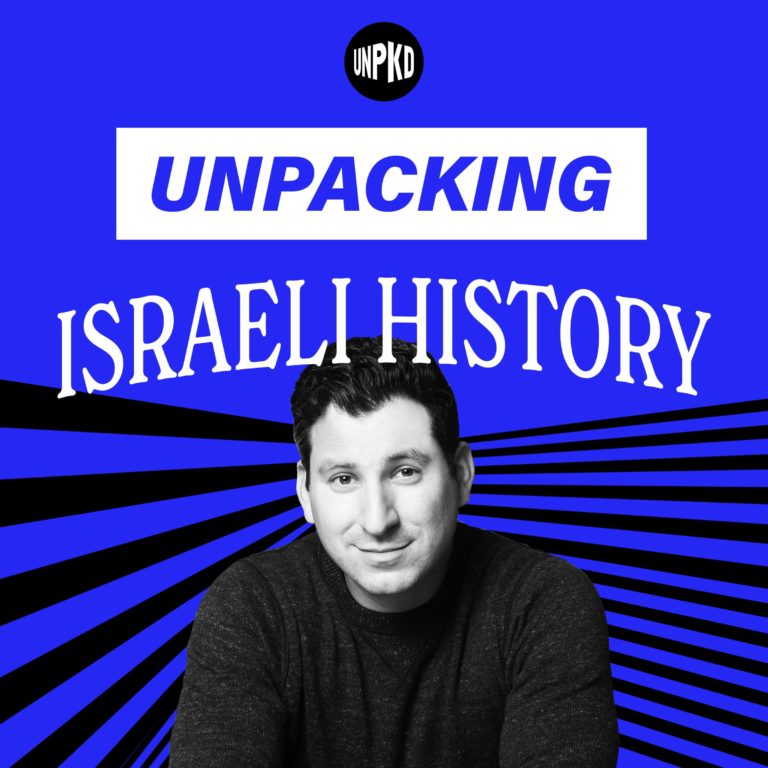Go behind the scenes of Israeli history with self-confessed history nerd Noam Weissman. Each week, he offers a fresh perspective on some of the most controversial and interesting events in the country’s history. If you’ve ever wanted to know more about what Israel is all about –from multiple angles and viewpoints — this is the podcast for you.
